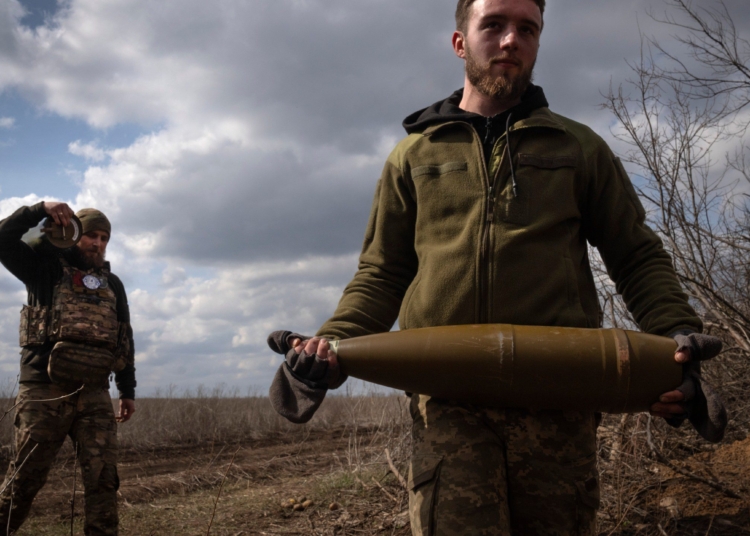Defense policy is a critical component of any nation’s security and stability, involving decisions on resource allocation, defense strategies, and responses to potential threats. Military experts, with their wealth of experience and knowledge, play a key role in shaping these policies. They understand the intricacies of military operations, weapons systems, and international conflicts, providing invaluable insights for effective defense planning. In today’s rapidly evolving security landscape, considerations such as geopolitical positioning, emerging threats, and technological advancements must be carefully weighed. Collaboration between military and civilian leaders is essential to develop comprehensive strategies that address all national security challenges. Transparent communication with the public is also crucial to build trust and accountability in defense policy decisions.
From the Front Lines: Military Experts Weigh in on Defense Policy
Defense policy is a crucial aspect of any nation’s security and stability. It involves decisions made by governments and military leaders regarding the allocation of resources, strategies for defense, and responses to potential threats. To gain insight into the complexities of defense policy, it is essential to consult military experts who have experience and expertise in the field.
Importance of Defense Policy
Defense policy plays a vital role in protecting a nation’s interests, ensuring its security, and maintaining peace. It involves not only military strategies and capabilities but also diplomatic efforts, intelligence gathering, and alliances with other countries. A strong defense policy can deter potential adversaries and protect the nation from external threats.
Expertise of Military Leaders
Military experts are individuals who have served in the armed forces and have firsthand experience with defense policy and strategy. They have a deep understanding of the complexities of military operations, the capabilities of different weapons systems, and the dynamics of international conflicts. Their insights are invaluable in shaping defense policy and ensuring that it is effective and in line with national interests.
Challenges and Considerations
When formulating defense policy, military experts must consider a range of factors, including the nation’s geopolitical position, the capabilities of potential adversaries, and emerging threats such as cyber warfare and terrorism. They must also take into account budget constraints, technological advancements, and the need to adapt to changing security environments. Balancing these considerations requires careful planning and expertise.
Public Engagement and Transparency
It is essential for defense policy to be transparent and to engage with the public. Military experts can play a crucial role in communicating the rationale behind defense decisions, explaining the risks and benefits of different strategies, and fostering public trust in the government’s ability to protect national interests. By engaging with civil society and engaging in public debate, military experts can help ensure that defense policy is accountable and effective.
Collaboration with Civilian Leaders
While military experts are essential in shaping defense policy, collaboration with civilian leaders is also crucial. Defense policy impacts a wide range of areas, including foreign relations, economics, and national security. By working together, military and civilian leaders can develop comprehensive and coordinated strategies that address the full range of national security challenges.
Conclusion
Defense policy is a complex and crucial aspect of national security, requiring input from military experts who have experience and expertise in the field. By consulting with military leaders, governments can develop effective strategies for protecting national interests and maintaining peace. It is essential for defense policy to be transparent, engaging with the public, and to collaborate with civilian leaders to ensure that it is comprehensive and effective in addressing the full range of national security challenges.













